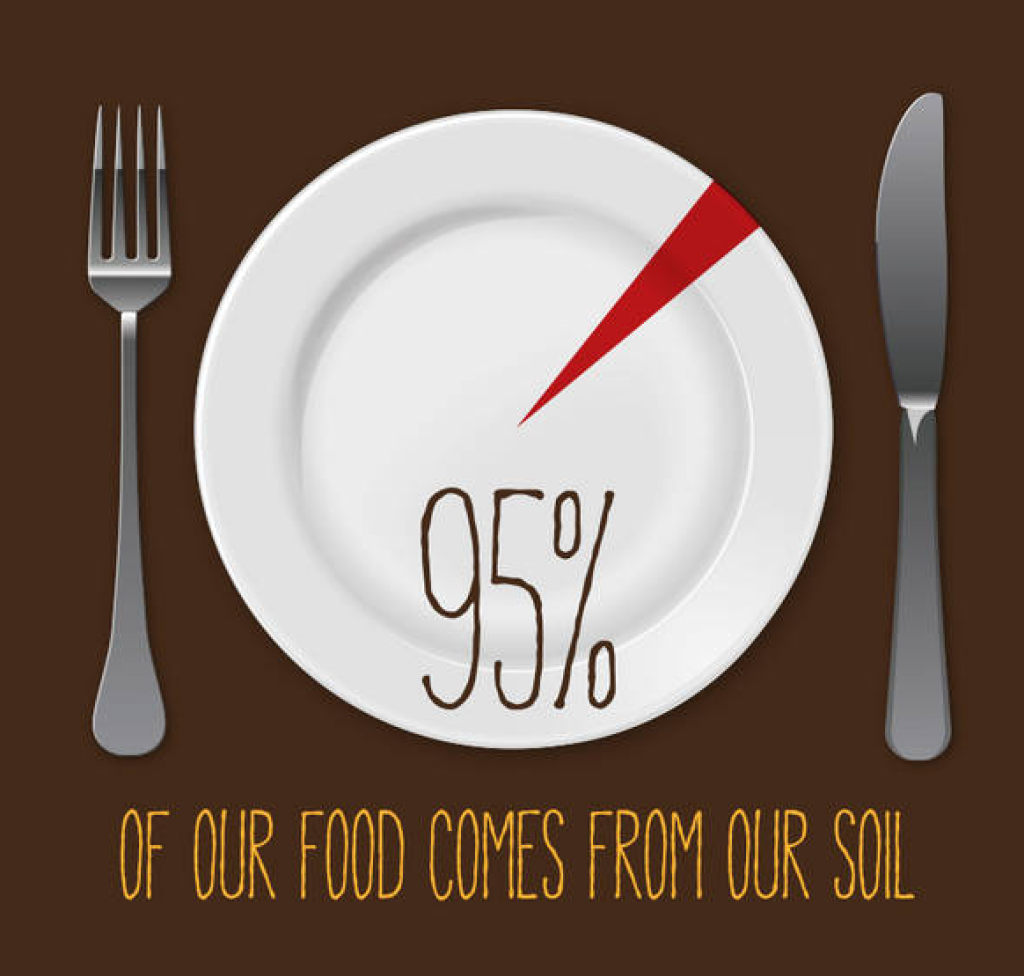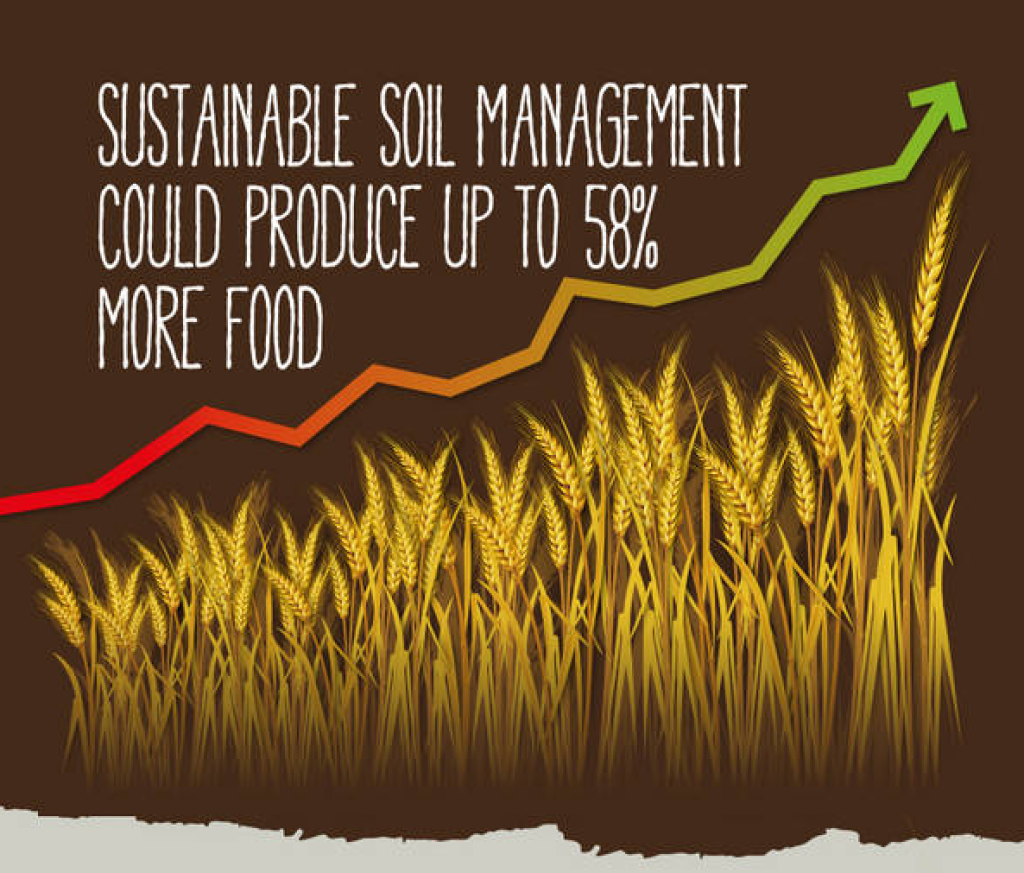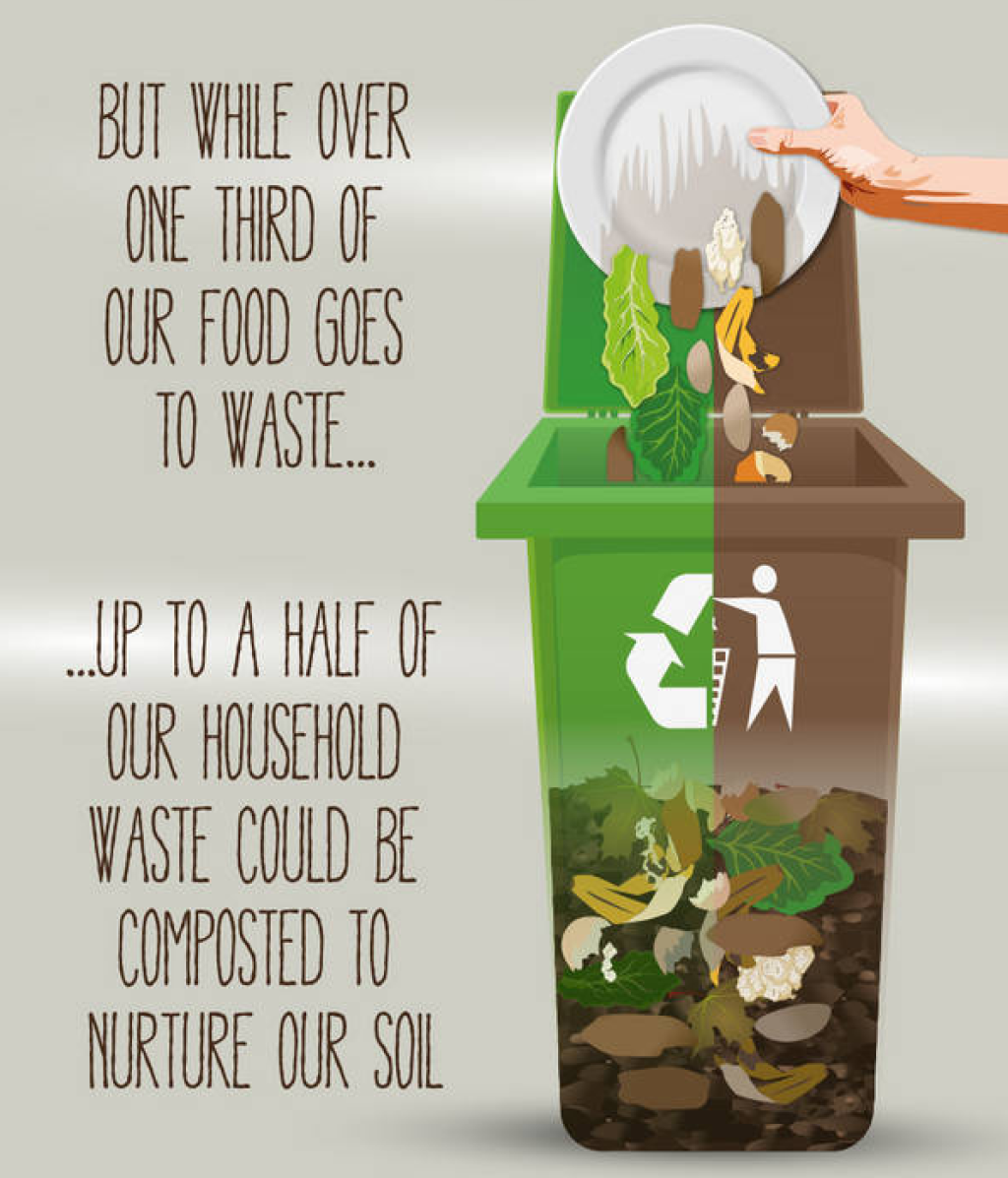Get down to earth on World Soil Day
Protecting the Earth takes on a more granular meaning as the United Nations marks the first-ever World Soil Day today.
The world body decided to establish the day in a resolution passed in 2013, noting that “soils are key to sustaining life on Earth”.
Speaking in a statement, UN Secretary General Ban Ki-moon says concern is rising over the state of the ground from which nearly all the world’s food comes.

“Without healthy soils, life on Earth would be unsustainable. Soils are the foundation of agriculture. They provide vital ecosystem services and the basis for food, feed, fuel, fibre and medical products important for human well-being,” he says.
The UN Food and Agriculture Organisation has been running a massive awareness campaign in the run-up to World Soil Day.
To underline the importance of the resource, the UN has declared 2015 the International Year of Soils.

“Soil degradation is a rapidly increasing problem in all parts of the world. Some 33% of global soils are already degraded through urbanization. Soil erosion, nutrient depletion, salinity, aridification and contamination are additional threats,” Ban continues.
It’s a message that Maropeng took to heart some time ago. The visitor centre at the Cradle of Humankind recycles a whopping 98% of its waste. A particularly exciting part of this drive sees food waste broken down in a process known as Bokashi.

The anaerobic fermentation and composting process diverts food waste from landfill and upcycles it into a high-value nutrient feed for gardening and agriculture.
Maropeng currently uses the material to feed its gardens and is assisting the nearby Maloney's Eye School with feed for its vegetable gardens.
In fact, Maropeng's sterling community and environmental initiatives got the visitor centre recognised and certified by Fair Trade Tourism, making it an ideal destination for responsible travellers.